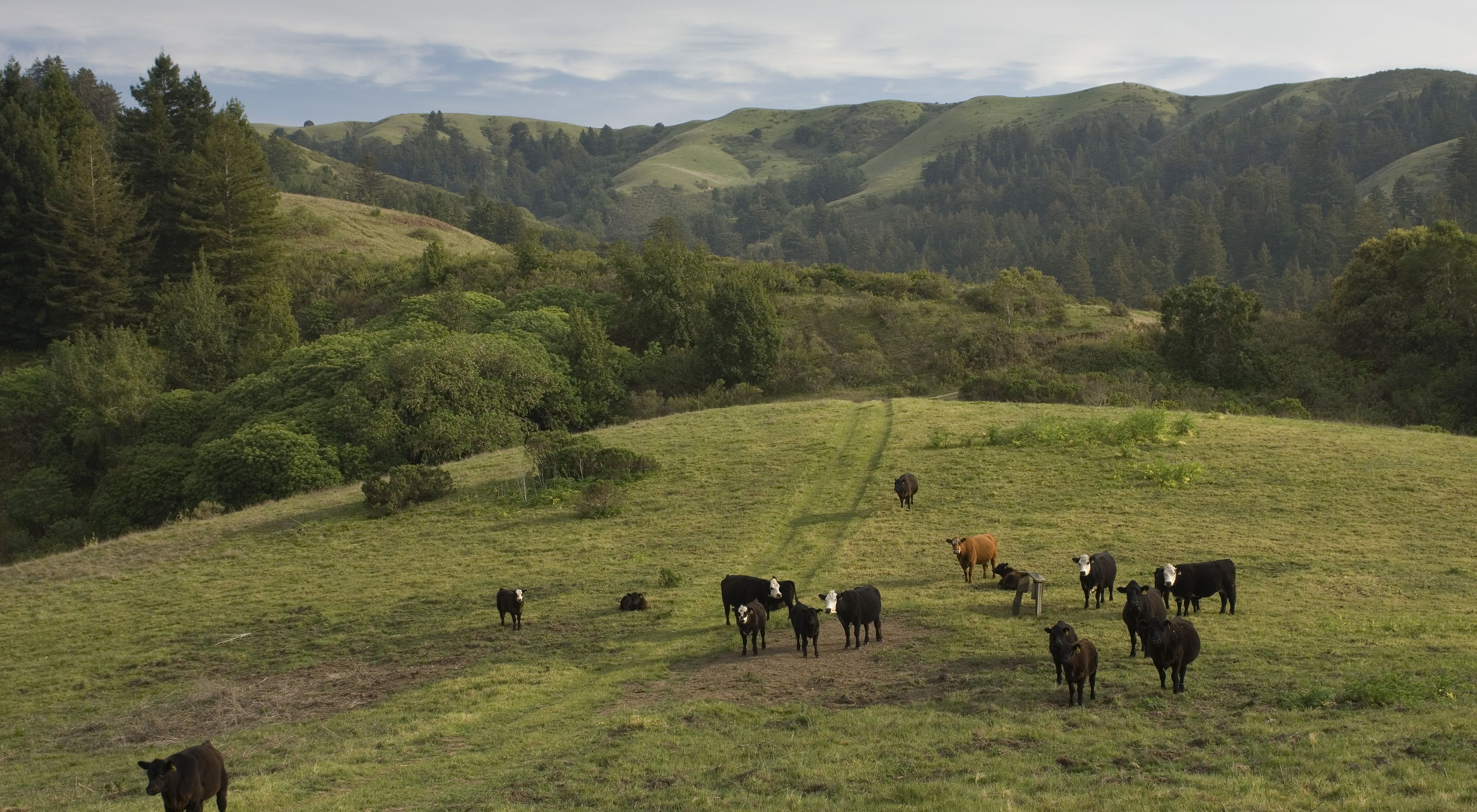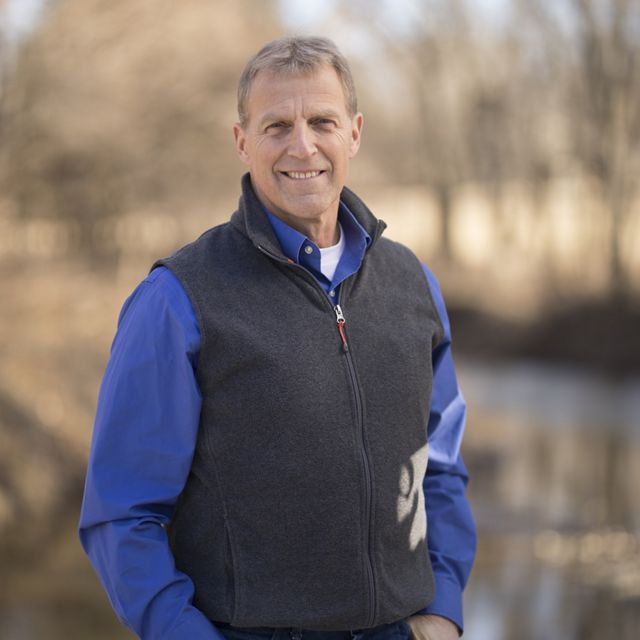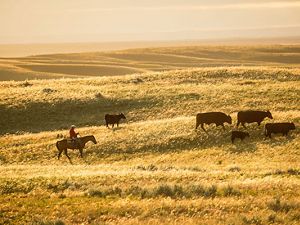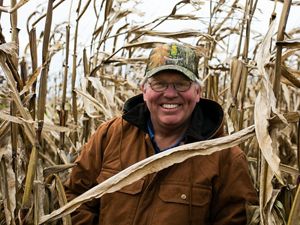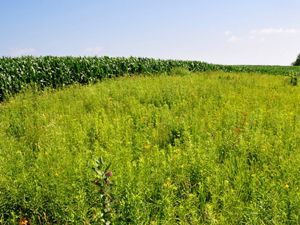Media Contacts
-
Christine Griffiths
The Nature Conservancy
Phone: 912-222-3297
Email: cgriffiths@tnc.org
The U.S. Roundtable for Sustainable Beef (USRSB) — a multi-stakeholder initiative developed to advance sustainability in the U.S. beef industry — announced late last week new sustainability goals for the nation’s beef supply chain. These goals, which include metrics and targets for all sectors of the industry, aim to identify and supplement sustainability practices and set new objectives to help producers and industry bring the most sustainable beef products to market.
The following is a statement by Rob Manes, director of The Nature Conservancy (TNC) in Kansas, a key advisor to the organization’s Sustainable Grazing Land Program, and a USRSB board member:
“Ranchers and other key players throughout the beef supply chain have an enormous opportunity to address some of the greatest environmental challenges facing the world today: climate change, water supplies and biodiversity loss. For decades, The Nature Conservancy has worked to support the beef supply chain – from ranchers to food companies – in their efforts to work more sustainably, which is why we are grateful for the opportunity to contribute to the development of the new sustainability goals released by the U.S. Roundtable for Sustainability Beef.
Quote: Rob Manes
These goals present a significant opportunity for industry-wide collaboration to achieve meaningful environmental, social and economic outcomes at every stage of the beef supply chain.
“These goals present a significant opportunity for industry-wide collaboration to achieve meaningful environmental, social and economic outcomes at every stage of the beef supply chain. Specifically, the goals are designed to deliver benefits for water and land resources, air and greenhouse gas emission, efficiency and yield, animal health and wellbeing, and employee safety and wellbeing.
“Compliance with the sustainability goals is voluntary, but the beef industry has been aggressively moving toward a sustainability framework for some time. The security and continuity of our food supply chains depend on healthy soil, clean water and a stable climate—all factors that impact a producer’s ability to raise livestock profitably. Businesses, from ranchers to some of the world’s largest beef purchasers, are increasingly recognizing these connections and including environmental outcomes in their business models. The USRSB sustainability goals provide a crucial foundation for collaboration to build upon these ongoing efforts, with the added benefit of offering free access to science-based tools and resources to elevate the work of supply chain players.”
Nancy Labbe, rangelands program director for TNC in the Northern Great Plains and a USRSB board member, added to the statement:
“These sustainability goals offer the beef industry an opportunity to make substantive contributions to sustainable food production in ways that benefit producers, communities and nature. We encourage all members of the beef supply chain, including consumers, to learn more about the new sustainability goals and join the USRSB in its work to ensure continuous improvement throughout the supply chain.”
Learn more at usrsb.org.
The Nature Conservancy is a global conservation organization dedicated to conserving the lands and waters on which all life depends. Guided by science, we create innovative, on-the-ground solutions to our world’s toughest challenges so that nature and people can thrive together. We are tackling climate change, conserving lands, waters and oceans at an unprecedented scale, providing food and water sustainably and helping make cities more sustainable. Working in more than 70 countries and territories, we use a collaborative approach that engages local communities, governments, the private sector, and other partners. To learn more, visit nature.org or follow @nature_press on Twitter.
